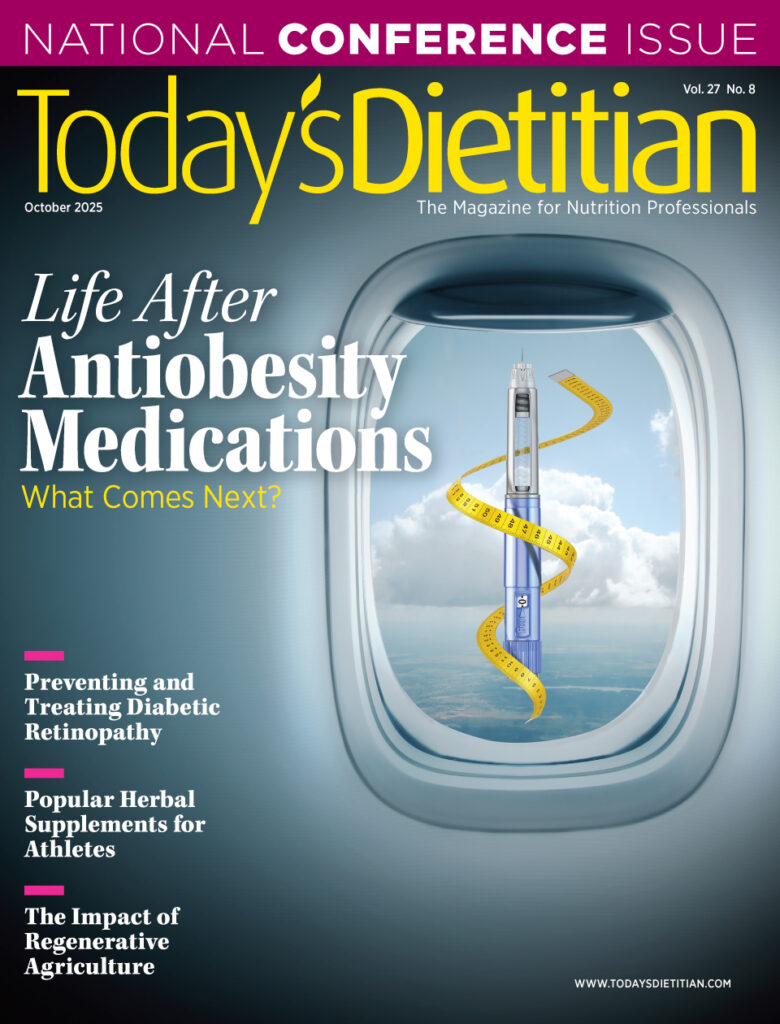People living in areas that restrict trans fats in foods had fewer hospitalizations for heart attack and stroke compared with residents in areas without restrictions, according to a new study researchers conducted at the University of Chicago Medicine and Yale School of Medicine.
“The results are impressive, given that the study focused on trans fatty acid bans in restaurants, as opposed to complete bans that included food bought in stores,” says senior author Tamar S. Polonsky, MD, MSCI, a general cardiologist and an assistant professor of medicine at the University of Chicago. “If we enact a more complete restriction on trans fatty acids, it could mean even more widespread benefits for people long term.”
Some communities—most notably New York City—have eliminated the use of trans fats in restaurants and eateries in recent years. To study the impact of restricting trans fats, researchers compared outcomes for people living in New York counties with and without the restrictions. Using data from the state department of health and census estimates between 2002 and 2013, the researchers focused on hospital admissions for heart attack and stroke.
They found that three or more years after the restrictions were implemented, people living in areas with the bans had significantly fewer hospitalizations for heart attack and stroke when compared with similar urban areas where no limits existed. The decline for the combined conditions was 6.2%.
“It is a pretty substantial decline,” says lead study author Eric Brandt, MD, a clinical fellow in cardiovascular medicine at Yale School of Medicine. “Our study highlights the power of public policy to impact the cardiovascular health of a population.”
The FDA approved a nationwide ban on partially hydrogenated oil in foods, which effectively will eliminate dietary trans fat when it goes into effect in 2018.
Current FDA labeling guidelines allow up to 0.49 g trans fat per serving to be labeled as 0 g. According to Brandt, this leaves consumers with the burden to scour labels for hidden trans fats.
“With the upcoming FDA regulation, people need not be so vigilant,” he says.
— Source: University of Chicago Medical Center
Gene Expression of Fat Tissue During Exercise
With vs Without Preexercise Meal
Exercise enthusiasts often wonder whether it’s better to eat or fast before a workout. A new study is the first of its kind to show the effects of eating vs fasting on gene expression in adipose (fat) tissue in response to exercise. This study highlights the different roles fat plays in powering and responding to exercise. The study is published in the American Journal of Physiology — Endocrinology and Metabolism.
Researchers from the University of Bath in the United Kingdom studied a group of overweight males. The volunteers walked for 60 minutes at 60% maximum oxygen consumption on an empty stomach and, on another occasion, two hours after consuming a high-calorie carbohydrate-rich breakfast. The research team took multiple blood samples after eating or fasting and after exercising. The researchers also collected adipose tissue samples immediately before and one hour after walking.
Gene expression in the adipose tissue differed significantly in the two trials. The expression of two genes, PDK4 and HSL, increased when the men fasted and exercised and decreased when they ate before exercising. The rise in PDK4 likely indicates that stored fat, instead of carbohydrates from the recent meal, was used to fuel metabolism during exercise. HSL typically increases when adipose tissue uses stored energy to support increased activity, such as during exercise, explains corresponding study author Dylan Thompson, PhD.
These results reinforce the view that “adipose tissue often faces competing challenges,” Thompson says. After eating, adipose tissue “is busy responding to the meal, and a bout of exercise at this time will not stimulate the same [beneficial] changes in adipose tissue. This means that exercise in a fasted state might provoke more favorable changes in adipose tissue, and this could be beneficial for health in the long term,” he notes.
— Source: American Physiological Society


